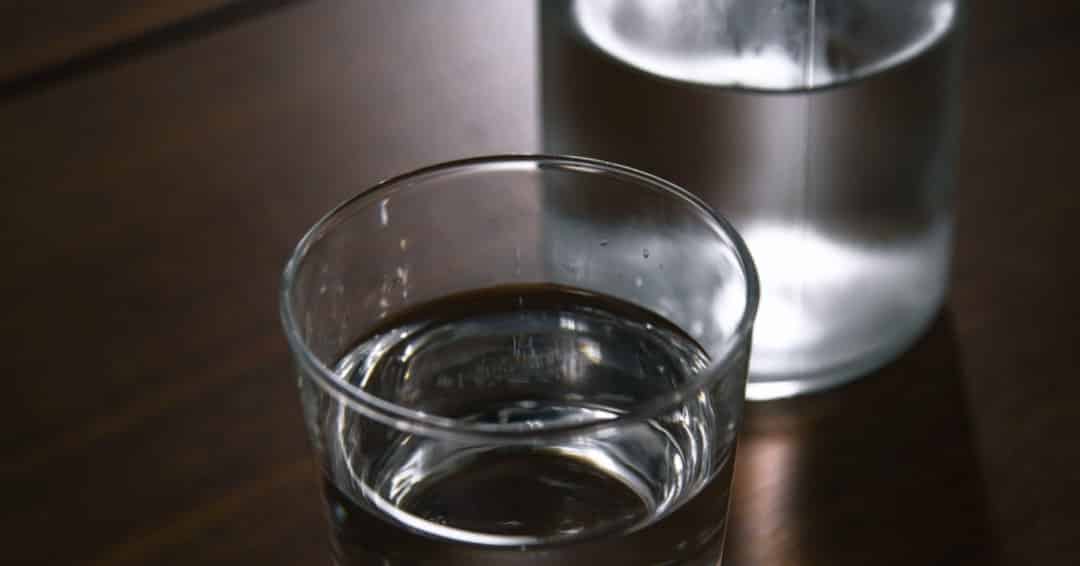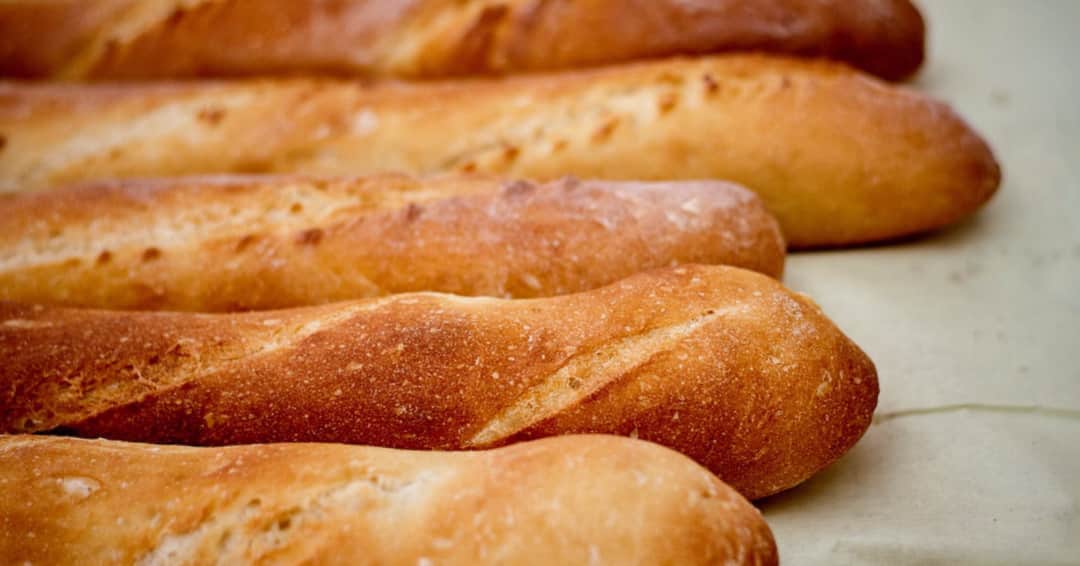Diet
Dentist Office
2797 U.S. 89 #201
Pleasant View, UT 84414
| Monday | 8 AM - 5 PM |
|---|---|
| Tuesday | 8 AM - 7 PM |
| Wednesday | 8 AM - 7 PM |
| Thursday | 8 AM - 7 PM |
| Friday | 8 AM - 3 PM |
| Saturday | 8 AM - 12 PM |
| Sunday | Closed |
Quick Links
Proudly accepting new patients from: Pleasant View, North Ogden, Harrisville, Farr West, Marriott-Slaterville, Ogden, Plain City, South Willard, Willard and Perry!
Contact Us
Follow Us
Popular Content
© 2025 | Mountain View Dental | All Rights Reserved | Accessibility | Anti-Discrimination | Healthcare Disclaimer | HIPAA Privacy Policy | Privacy Policy | Terms | XML Sitemap | Sitemap | Site by PDM






